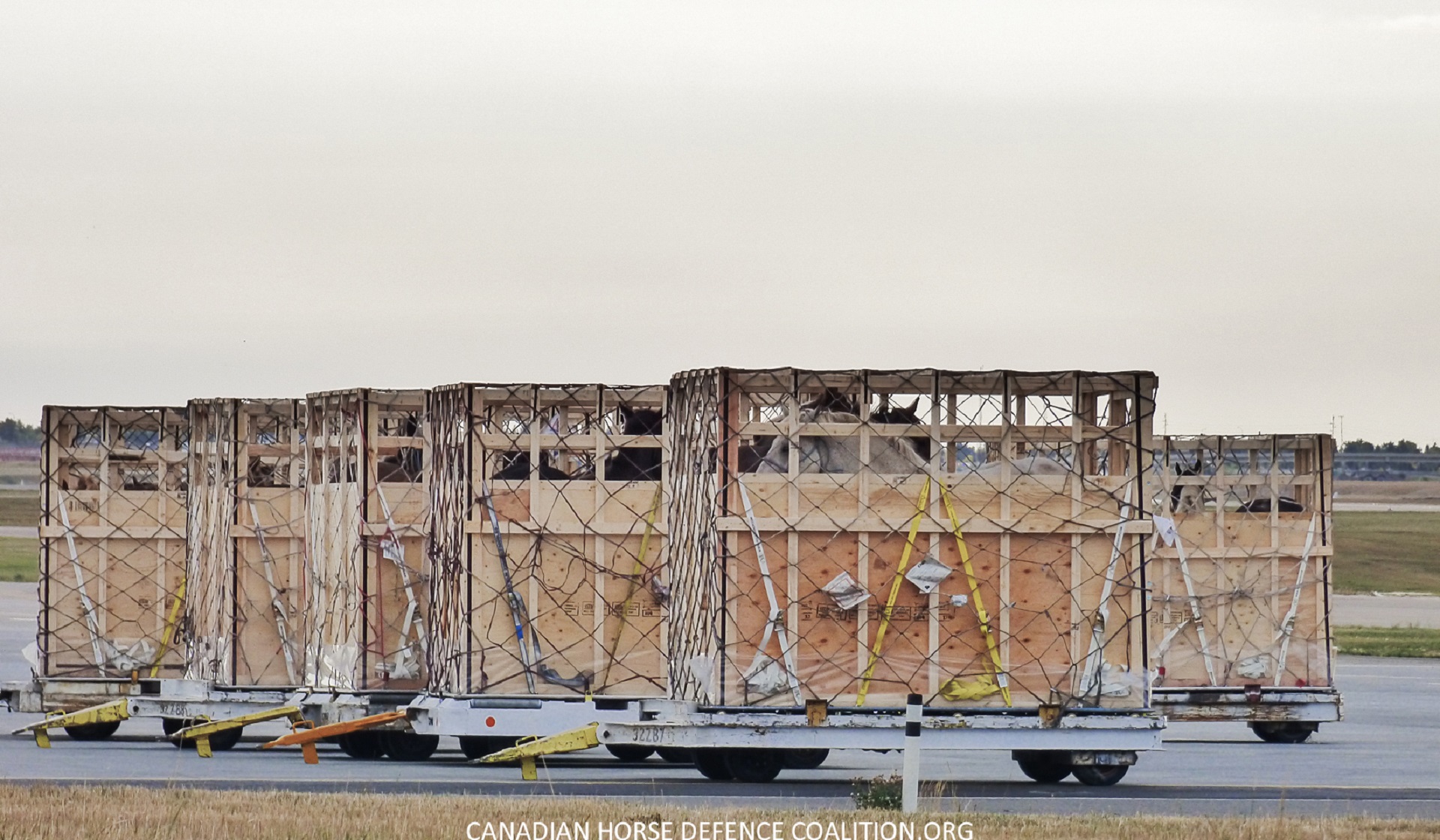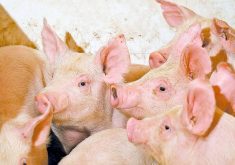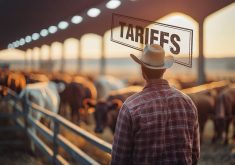Livestock producers will soon be seeing the commercial benefits from cutting-edge genomics, according to the head of Livestock Gentec.
What we re really looking to do in the next period is show the benefits of the genomic technology to the beef industry and we re looking to see how some of the developments in dairy could be translated to beef, said Graham Plastow, interim CEO of the organization. On the swine side, we re very interested in showing how this technology can be used to improve swine health.
Read Also

Horns aren’t unlocking anytime soon on livestock transport standards
Standards good enough meet the definition of “humane” animal transportation still vary widely between what what industry wants, what animal rights advocates want and, between the two, what federal regulators decide is good enough.
Livestock Gentec, based at the University of Alberta, was set up so top genomics experts could use the science to focus on things such as carcass quality, feed efficiency and animal health. It is receiving funding from the Alberta Livestock and Meat Agency and Genome Canada $3.9 million for a cattle project and $4.9 million for a swine-mapping project, with the province kicking in an additional $1.2 million for each initiative.
The projects will involve experts from across the country. For example, Plastow will lead the swine project in collaboration with Bob Kemp of PigGen Canada and John Harding, professor at the Western College of Veterinary Medicine at the University of Saskatchewan. Researchers from Guelph and Laval universities will also be involved, as will a scientist from Agriculture Canada. Livestock Gentec recently partnered with Olds College in order to use its projects to educate ranchers and producers about the benefits of genomic technology.
The swine project will focus on two important swine diseases, PCVAD (porcine circovirus associated diseases) and PRRS (porcine reproductive and respiratory syndrome).
That project is also built on an American collaboration which has already received about $5 million, mostly in American funding, said Plastow. These are big international projects and it helps validate the centre as being the leader in the livestock genomics field. It s always nice to see that you can attract the best groups in the world to a Canadian initiative like this.
The beef cattle project will examine the genomes and DNA characteristics of Canadian bulls and look at genetic variations across different animals. Through this selection process and research, scientists can make predictions about the rest of the animal s genome.
What we re doing is making everything more cost effective, Plastow said. By using a computer and these algorithms, we re able to genotype an animal for about $30 and predict information that costs tens of thousands of dollars.
The process is not 100 per cent accurate, but will enable researchers to make better breeding decisions. Dairy cattle have already been genotyped, but beef cattle are more challenging to map due to the variability and number of breeds used in the industry.
———
Whatwe redoingbydoingthisismakingeverythingmorecosteffective.Byusingacomputerandthesealgorithms,we reabletogenotypeananimalforabout$30andpredictinformationthatcoststensofthousandsofdollars.
GRAHAM PLASTOW















